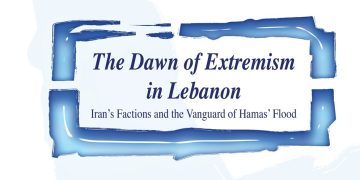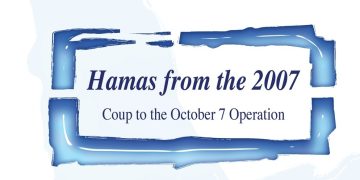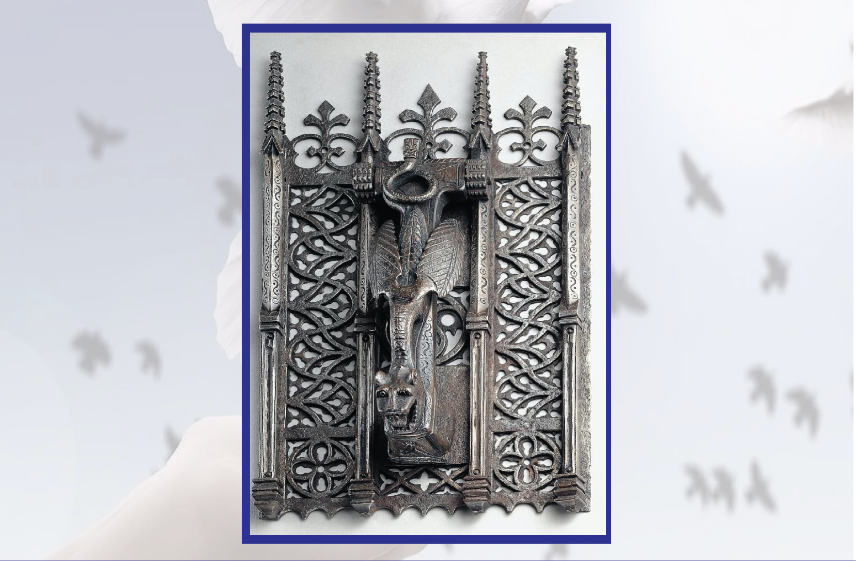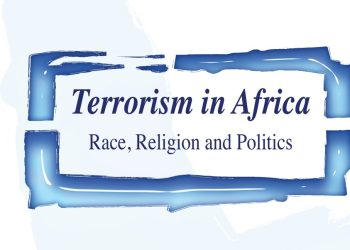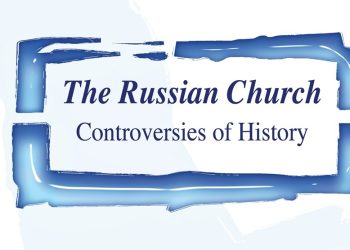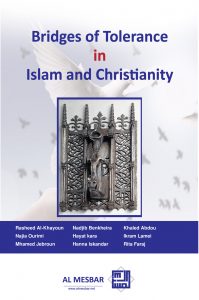 This book presents a historical and intellectual biography of tolerance, taking Christian-Islamic relations as a case study for the exploration of historical developments and the religious, theoretical, and social frameworks associated with this field. It establishes a predicate for positive dialogue among religions, for reconciling self-awareness with consciousness of the Other, thus enhancing the study of opportunities for convergence and consolidating an awareness of the value of religious pluralism.
This book presents a historical and intellectual biography of tolerance, taking Christian-Islamic relations as a case study for the exploration of historical developments and the religious, theoretical, and social frameworks associated with this field. It establishes a predicate for positive dialogue among religions, for reconciling self-awareness with consciousness of the Other, thus enhancing the study of opportunities for convergence and consolidating an awareness of the value of religious pluralism.
The studies focus on major issues in the history of tolerance, providing a new interpretation of representations of “Christianity in Islamic sources,” as well as examples of tolerant discourses and policies in the history of Islam, starting with the Mu’tazilah through the medieval philosophers and various schools of Sufism.
Included is a discussion of the Christian presence in the Umayyad and Abbasid eras as well as the experience of Islamic civilization in Andalusia, often viewed through the prism of the so-called “Convivencia.” It also compares the accounts of the birth of Jesus in the Gospels as well as the Qur’an’s Surat Maryam, examines his depiction in the schools of Islamic mysticism, without losing sight of the importance of the social and religious commonalities as actually lived by both Muslims and Christians, with a focus on Egypt.
The roots of coexistence between people of differing religions are ancient at the social level, and this prompts us to deal cautiously with narratives and ideas centering around the exclusion of the religious or ethnic Other. It also enables us to think about the possibilities of reviving these ancient values of tolerance as an inheritance, despite the alienation of the term from Arab and Islamic awareness in general.
This book comes in the context of celebrating the current achievements in the cause of coexistence, which culminated in the “Document on Human Fraternity for World Peace and Living Together,” hosted by Abu Dhabi in 2019. Out of that event, a series of initiatives emerged aiming to advance the cause of tolerance and promote its associated values. One of the most notable of these was the adoption by the United Nations General Assembly of February 4, the date of signing the document, as an International Day of Human Fraternity.
Editor-in-Chief
Omar-al-Bashir-al-Turabi



